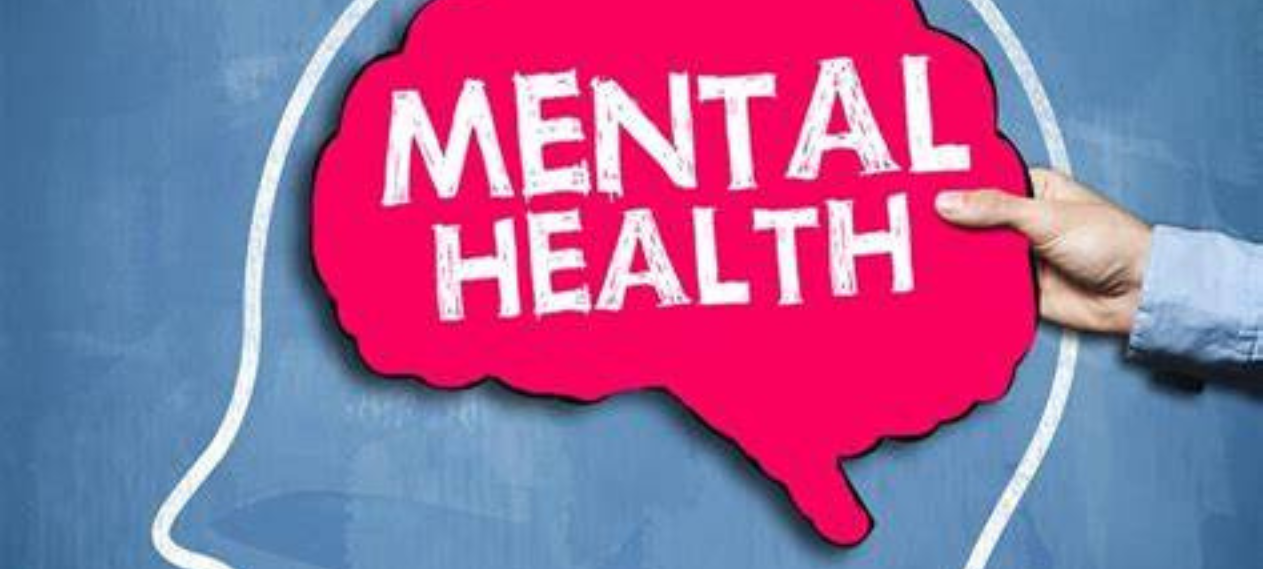Each year, mental diseases impact 13% of children, 46% of teenagers, and 19% of adults. It’s possible that someone you know, live next door, work in the cubicle next to you, teach your children, or sit in the same church pew as you are experiencing mental health issues.
But only 50% of those impacted receive treatment, frequently as a result of the stigma around mental health. If left untreated, mental illness can lead to increased medical costs, subpar work and school performance, less job possibilities, and a higher risk of suicide.
What Exactly is a Mental Illness?
A mental illness is a physical brain condition that interferes with thinking, behavior, energy, or emotion and makes it difficult to go about daily tasks. The complex origins of these illnesses, which might include trauma, brain chemistry, heredity, and/or coexisting physical conditions like heart disease, are beginning to be uncovered by research.
The two mental health issues that are most prevalent are:
Anxiety Disorders
Anxiety disorders, such as panic disorder (panic attacks), obsessive-compulsive disorder (OCD), post-traumatic stress disorder (PTSD), generalized anxiety disorder, and particular phobias, affect over 19% of adults annually.
Read more: 7 Things That Happen While We Sleep
Mood Disorders
Almost 10% of adults suffer from mood disorders each year, including bipolar disorder and depression, which are typified by difficulty controlling one’s emotions.
What You Can Do to Help
Studies reveal that stigma against mental illness is still strong, largely because of media stereotypes and a lack of knowledge, even though the general public’s perception of mental illness has improved over the past few decades. People also tend to attach negative stigmas to mental health conditions far more frequently than they do to other diseases and disabilities, like cancer, diabetes, or heart disease.
Stigma has an impact on the quantity of resources available for appropriate therapy as well as the number of people seeking treatment. Misinformation and stigma might seem like insurmountable barriers to someone dealing with a mental health issue. Here are some effective ways you can contribute:
When people are treated with dignity and acceptance, a big obstacle to effectively managing their sickness is removed. For someone who is having mental health issues, it can make all the difference in the world when others perceive you as an individual rather than as having a disease.
Ensuring that these people have the same rights and opportunities as other members of your church, school, and community is made possible by advocating within our spheres of influence.
Gaining knowledge about mental health enables us to support people impacted in our communities and families in a beneficial way.

